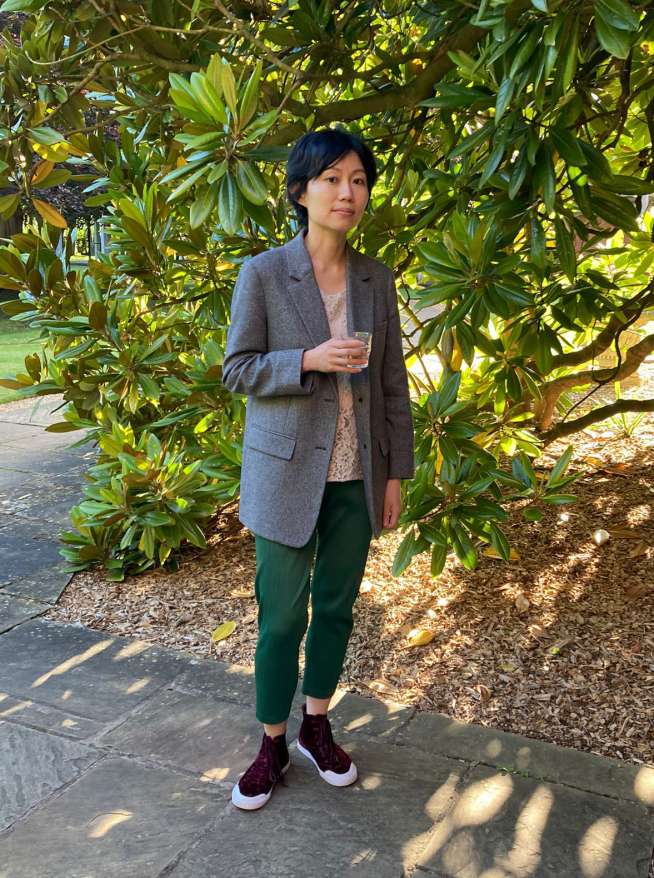“Perception is increasingly bound to production”
–Jonathan Beller, The Political Economy of the Postmodern
In Understanding Media, Marshall McLuhan proposes that in paying for space and time in newspapers and magazines, on radio and television, advertisers are effectively buying a piece of the reader, listener, or viewer. And he wryly observes that the ad agencies “would gladly pay the reader, listener, or viewer directly for his time and attention if they knew how to do so.” The absurdity of this proposition underscores the essentially mediated nature of human attention. From the counter-cultural critique of television for “delivering the people to advertisers” to a growing body of research on the way social media platforms use behavioral algorithms to drive up user engagement, the organization of attention has been a central concern in theorizations of media, capitalism, and social control. The aim of this course is to think through the political economy of attention from a global media studies and psychoanalytic perspective. More than a narrow reference to the economics of advertising and publicity, media scholars are increasingly using the term to describe a deterritorialized system of value extraction where, in the words of Jonathan Beller, “to look is to labor.”
Looking beyond the cybernetic paradigm that envisions attention as scarce cognitive resource in the processing of information, we will turn our attention to broader themes of capitalization, “free” labor, surveillance, mediation, sensorium and habituation. While some political theorists regard the commodification of attention as the hallmark of a post-industrial mode of production, this seminar will eschew grand historical periodizations and survey a broad spectrum of media apparatuses that have disciplined human attention— from the clock to TikTok—while engaging critical practices of reading, viewing, and listening that resist dominant figurations of attention in the capitalist sensorium. In this course we will consider a range of questions, including: How did human attention become a scarce, and hence increasingly valuable, commodity? What happens when the competitive logic of the attention economy splinters our attention, when the faculty of deep concentration breaks down in pathological states of distraction, fatigue, and burnout? Historically, how do screen and internet-based media technologies capture and direct our attention, and how have spectators, users, and players negotiated their relation to these regimes of perception?
Seminar format with time for student presentation, guest lecture, visiting artist presentation, and class field trips. Readings will be drawn from a range of fields including political philosophy, film and media theory, art history, technology studies, and communication theory. The course is open to both graduate and undergraduate students. Students may elect to fulfill final assignment as either creative project or research-based seminar paper. Additional work required of students taking graduate version.


